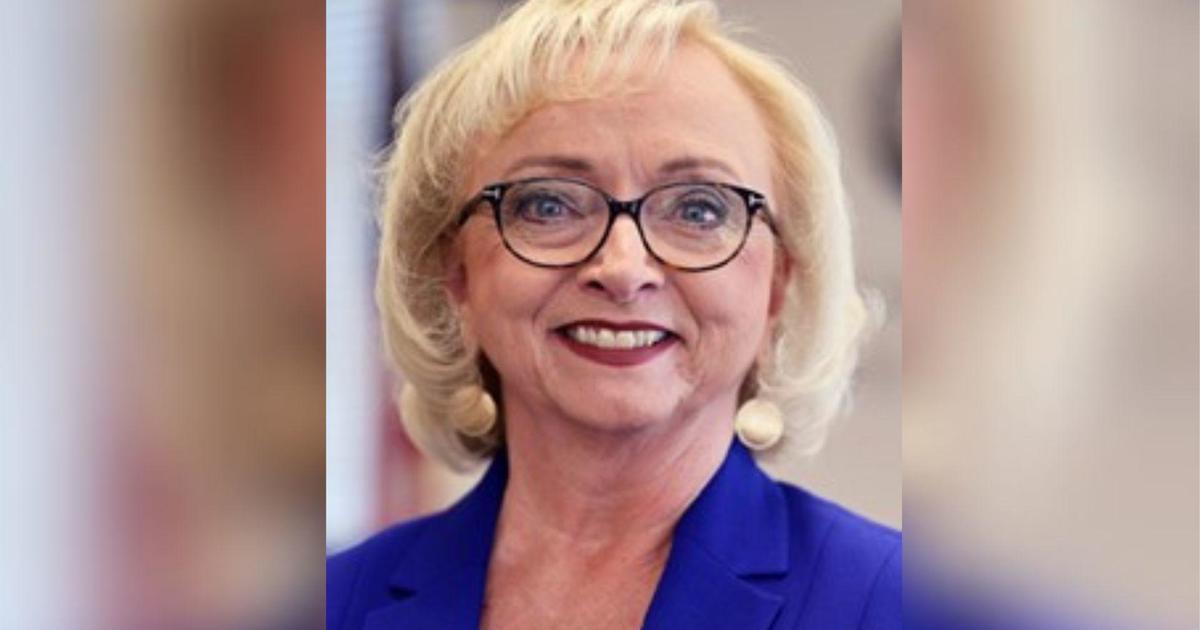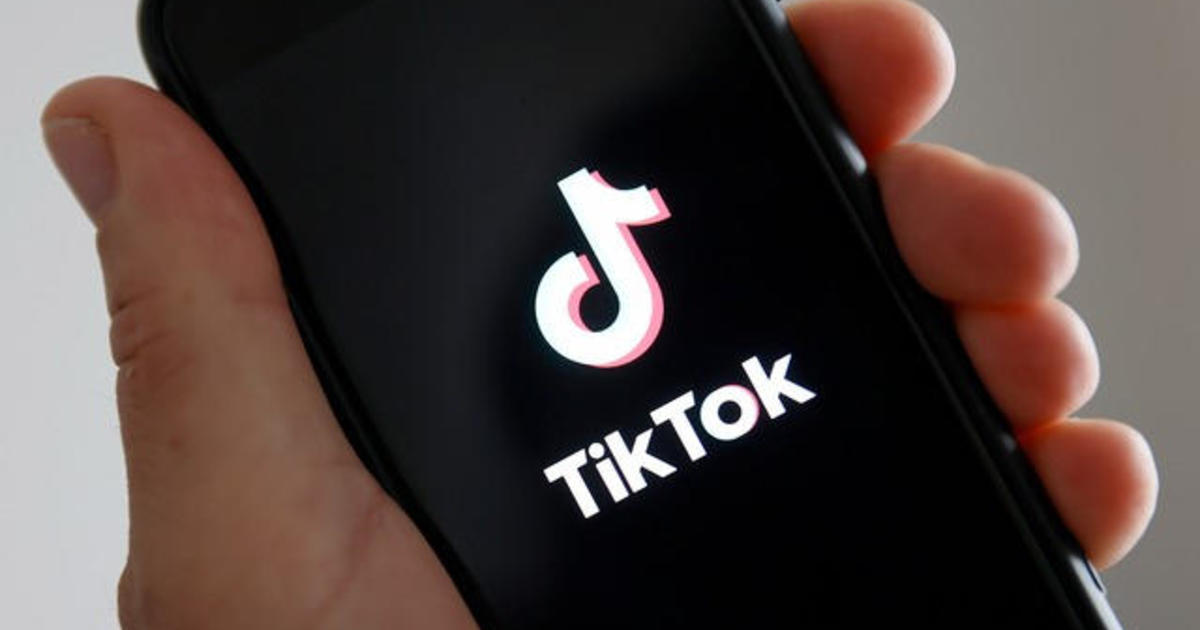The US Is Returning To Early Pandemic Surges And Restrictions. It's Time To Compel People To Do The Right Thing, Expert Says
(CNN) -- It has been months since Covid-19 vaccines were made available to most of the US population and things are looking much more like they did early in the pandemic: cases are surging, events are being postponed and restrictions are back.
The culprit is the insufficient rate of vaccinations, and a solution may be to mandate that people take action to protect themselves and their community, said Dr. Paul Offit, director of the Vaccine Education Center at Children's Hospital of Philadelphia and a member of the US Food and Drug Administration's vaccine advisory committee.
"We've hit a wall," Offit told CNN's Wolf Blitzer on Wednesday. "We've gotten to the point where you have to compel people to do the right thing."
Initial enthusiasm to get vaccinated dwindled and many who haven't done so express hesitancy or resistance to getting vaccinated. Currently, 49.3% of the US population is fully vaccinated, according to the US Centers for Disease Control and Prevention -- far from the 70% to 85% that experts have estimated would be needed to slow or stop the spread of the virus.
"There was a time we were giving 3 million doses a day. If we'd stayed that course, we could be at roughly 80% population immunity," Offit said.
As the highly contagious Delta variant recently increased its prominence in the US, coronavirus case rates have jumped.
The US averaged more than 63,600 new daily cases over the last week -- an average that's generally risen since the country hit a 2021 low of 11,299 daily on June 22, according to Johns Hopkins University data.
As of Wednesday, cases have risen in all but one state in the past seven days compared to the week before, and cases rose at least 50% in 36 states in that time, according to Johns Hopkins.
Wednesday's Washington Nationals MLB game against the Philadelphia Phillies was postponed after 12 members of the Nationals -- four players and eight staff members -- tested positive for Covid-19.
The climbing case numbers have pushed some areas to return to mask requirements:
• The mayor of Atlanta issued an executive order Wednesday requiring masks in all indoor public places.
• In Kansas, state employees and visitors will be required to wear masks indoors starting Monday.
• The Pentagon implemented an indoor mask requirement regardless of vaccination status.
But other leaders are pushing back against the return to pre-vaccine precautions.
Georgia Gov. Brian Kemp tweeted Wednesday that he will not issue any mask mandates or lockdowns in the state.
Georgia is one of the 35 states where new cases in the past week were more than 50% higher than the week prior. Currently 38.5% of the state's population is fully vaccinated, according to the CDC.
"The biggest obstacle to getting more people vaccinated and the country returning to normal is the mixed messages from Washington, D.C., and those with partisan agendas. In Georgia, we have been consistent," Kemp said in his tweets.
Health experts have said the changes in recommendations, like those made to mask guidance, are the result of under vaccination and the Delta variant changing the landscape of the pandemic.
Experts advocate for vaccine mandates as hesitancy grows
Despite education efforts, increased accessibility and financial incentives in many places, vaccination rates have slowed dramatically -- a worrying trend for health experts who say vaccination is the best hope to end the pandemic.
Overall vaccine hesitancy has decreased during the past couple of months, but some Republicans are more likely to refuse a Covid-19 vaccine now than they were in March, according to survey data published Wednesday by the Public Religion Research Institute and the Interfaith Youth Core.
About 46% of Republicans who most trust far-right news said they will refuse to get vaccinated, up from 31% who said the same in March, the survey found. However, 77% of Republicans who most trust mainstream news outlets and 64% of Republicans who most trust Fox News are "vaccine accepters," according to the survey data.
Among Democrats, 85% are vaccine accepters, up from 73% in March, and 71% of independents are vaccine accepters, up from 58% in March, according to the survey data.
One motivator that might help overcome the hesitancy, some officials and experts have suggested, is vaccine mandates. And many places have begun implementing them.
The New York State Court System announced Wednesday that all employees will have to undergo regular Covid-19 testing if they are not already vaccinated, according to a statement. And the Durst Organization, one of New York City's largest real estate developers, said employees who remain unvaccinated after Labor Day will be fired.
The Baylor Scott & White Health system in Texas announced Wednesday all 49,000-plus employees, volunteers, vendors and students will be required to be vaccinated against Covid-19 by October.
"The Delta variant is the most contagious and dangerous strain we have seen to date, leading to exponentially increasing rates of severe illness and hospitalization. The overwhelming majority of these cases are among the unvaccinated," the company said in a statement.
At Maui Memorial Medical Center, visitors are now required to be vaccinated against Covid-19 due to a surge on the island, hospital CEO Michael Rembis told CNN affiliate Hawaii News Now.
Vaccinated people don't yet need a booster, surgeon general says after Pfizer news
Pfizer released new data Wednesday suggesting a third dose of its vaccine can "strongly" boost protection against the Delta variant -- beyond the protection afforded by the standard two doses.
The data, which included 23 people, has not yet been peer-reviewed or published.
But US Surgeon General Dr. Vivek Murthy told CNN Wednesday that fully vaccinated people don't need to get a booster at this point, if ever. And any decision on whether that will change will be made by agencies such as the CDC and the US Food and Drug Administration, he said.
"This data from Pfizer, we've been in talks with them about what they're seeing with regard to their studies related to boosters," Murthy told CNN's "Newsroom" when asked about the data release. "But at this point, I want to be very clear: People do not need to go out and get a booster shot."
Murthy also said whether it'd be ethical to recommend a third shot while there is a major vaccine supply shortage in the developing world was a "critical question." The ability to reduce the likelihood of future variants developing depends on tamping down spread around the world, he said.
Pfizer anticipates submitting data on a third dose of its coronavirus vaccine to the FDA as soon as next month, one of its research and development leaders said during a company earnings call Wednesday.
The-CNN-Wire
™ & © 2021 Cable News Network, Inc., a WarnerMedia Company. All rights reserved.



